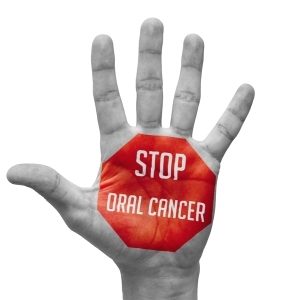Examining Your Risk for Oral Cancer

When it comes to oral cancer, prevention is key. You can take active steps to reduce your risk for oral cancer by visiting your dentist in St. Charles regularly, practicing proper dental care, and educating yourself about the risks for this condition. Remember that the sooner you identify a problem, the sooner you can begin treatment. Keep reading if you are interested in examining your risk for oral cancer.
Tobacco and Alcohol Use
It is widely known that tobacco use can lead to a range of health issues from cosmetic problems like yellow teeth to serious conditions like heart disease and cancer. It is important to note that this applies to all kinds of tobacco use; whether you smoke cigarettes or use chewing tobacco, you are increasing your risk for oral cancer with every use. The level of risk for oral cancer tends to be correlated with the frequency with which you use tobacco products. People who use alcohol also tend to experience an elevated risk of oral cancer. Unfortunately, these habits tend to go hand in hand, and those who use tobacco and alcohol on a regular basis put themselves at an even higher risk.
Preexisting Health Conditions
Some people may experience a greater risk of oral cancer because of other health conditions that they deal with. Human papillomavirus, or HPV, refers to a collection of viruses, some of which are associated with oral cancer. Lichen planus is another illness that can sometimes increase your risk for oral cancer. Unfortunately, certain types of medication can also increase this risk. Medications that are used to treat immune diseases by inhibiting the immune system may elevate your risk; these medications may also be used after organ transplants in order to prevent rejection.
Demographic Factors
Your risk for oral cancer may be linked to demographic factors like age and gender. Oral cancer typically affects middle-aged adults in their 50s and 60s, and it tends to be more common in men than it is in women. Special precautions should be taken if you spend a substantial amount of time outdoors, as ultraviolet light is linked with cancer.
